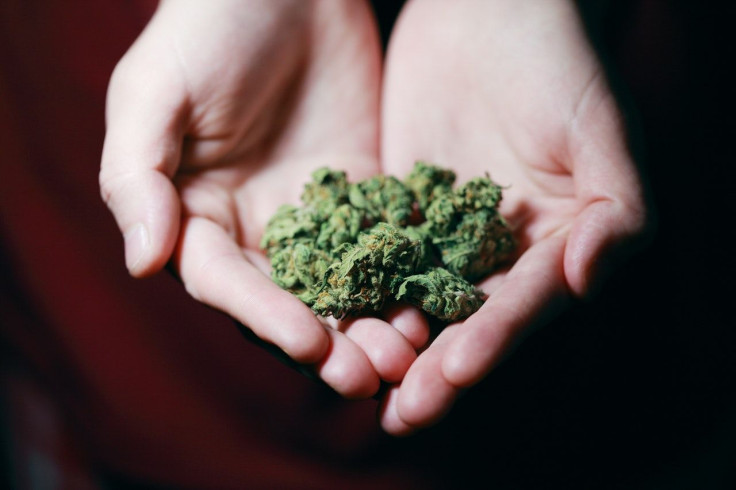Marijuana Use During Pregnancy May Increase Baby's Risk Of Autism, Study Suggests

KEY POINTS
- Cannabinoids can cross the placental tissue and enter the fetal bloodstream
- Pregnant women using marijuana raises their baby's risk of developing autism
- Study revealed baby's autism risk increased by 50%
Women who use marijuana during pregnancy increase their baby's risk of developing autism, a new study suggested.
In a data analysis involving over 500,000 Canadian mothers and their kids, researchers discovered the risk of autism spectrum disorder in children whose mothers used marijuana during pregnancy increases by around 50%. Nature Medicine published the researchers' report "Maternal cannabis use in pregnancy and child neurodevelopmental outcomes" Monday.
Daniel Corsi, Children's Hospital of Ontario Research Institute scientist and lead author of the study, explained that cannabis is not a gentle drug. It should not be used during pregnancy. "We know that cannabinoids can cross placental tissue and enter the fetal bloodstream," Corsi said, adding they found evidence of cannabinoid receptors in the developing fetus. He warned that cannabis may affect the wiring of the developing brain, NBC News reported.
However, according to Daniele Fallin, Wendy King Center for Autism and Developmental director at the Johns Hopkins Bloomberg School of Public Health, although scientists know that substance use in pregnant mothers may affect the neurodevelopment of a fetus, there is a need for a more thorough investigation to fully establish whether or not cannabis use is an autism risk factor. Dr. Fallin, however, is not involved in the study.
She opined that the observational study on pregnant women does prove that cannabis use can cause autism. "This is an interesting first step, but much more work is needed to implicate maternal cannabis use specifically in autism risk," Dr. Fallin said.
To examine whether or not there are neurodevelopmental effects that cannabis cause on developing fetuses, Corsi and his team analyzed data from all births in Ontario that occurred from 2007 to 2012. During this period, the drug was still illegal in Canada. Their final examination involved 503,065 kids, 3,148 of whom had mothers using cannabis during their pregnancy.
Researchers observed the kids for about seven years, during which, 7,125 of the children were found to have autism spectrum disorder. Corsi found that autism diagnosis rate among children within utero cannabis exposure was around 2.2%, as compared to 1.4% for kids whose mothers were not using marijuana while pregnant. When researchers factored in elements and circumstances that may skew the results, they found that autism risk increased by as much as 50% when mothers used marijuana during their pregnancy.
"This finding gives some clues that exposure to cannabis in utero is associated with autism, but many questions remain," Ziva Cooper, University of California Los Angeles (UCLA) Cannabis Research Initiative interim director told NBC News.
© Copyright IBTimes 2025. All rights reserved.





















